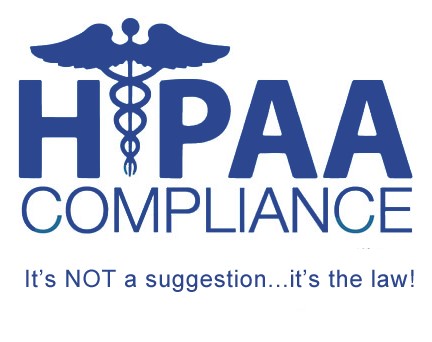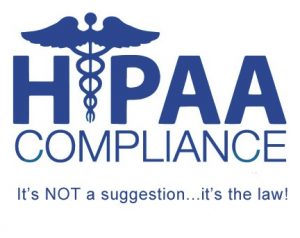When a loved one needs assistance with basic tasks like cooking, cleaning, and self-care, they may need help with finances and medical decision-making as well. Unfortunately, when they need assistance, it may be too late to get the legal documents in place that are necessary.
Why Powers of Attorney are Necessary
To legally serve as a decision-maker for a friend or loved one, certain HIPAA compliant, legal documents must be in place – powers of attorney. Without these documents many institutions, such as hospitals, banks, and mortgage companies, are forbidden from communicating with and accepting the authority of anyone other than the client or patient.
How Power of Attorney Documents Work
A Power of Attorney is a legal document in which one person grants another person the authority to be his/her decision maker. The person who grants this authority is called “the principal”. The decision maker is called “the agent”.
With some exceptions, once the principal appoints an agent to be his/her decision-maker, the agent is immediately empowered to act. As a safeguard, the law requires the agent to act in accordance with principal’s reasonable expectations (if known), or if not known, in the best interests of the principal.
The Primary Types of Power of Attorney
Not all power of attorney documents are created equal. All must be HIPAA compliant. Each grants a different type of authority. Below are the four main powers of attorney:
Medical Power of Attorney
This document allows the agent to make health and medical care decisions for the principal. For example, if the principal is in a car accident, in the hospital and unconscious, the agent can make decisions like consenting to a blood transfusion or surgery.
A medical power of attorney is can also helpful for aging adults who may need assistance even in non-emergency situations. For example, an agent can select doctors, make medical appointments, and take an active role in managing an elderly parent’s everyday health care. With a medical power of attorney in place, an elderly person can use the help of a trusted family member to handle or assist with these matters.

General Durable Power of Attorney
This document grants the agent authority to make financial decisions on behalf of the principal. Financial decisions include opening a bank account, filing tax returns, paying bills, and entering into legally binding agreements.
Springing Durable Power of Attorney
This power of attorney is more limited than the General Durable Power of Attorney. A Springing Power of Attorney only takes effect when the principal is unable to act on his/her own behalf. These types of powers are less common, and less useful, because they require a legal finding of incapacity before the agent may take action.
Limited Power of Attorney
Also called ‘Special Power of Attorney’, this power grants the agent very limited permission to make a financial decision on behalf of the principal. For example, if the agent plans to be out of the country on the day her new home purchase is set to close, the principal can sign a Limited Power of Attorney granting the agent permission to sign the closing and mortgage documents on her behalf.
They Are Revocable
Power of Attorney documents can be revoked at any time by the principal either orally or in writing. Once the principal dies, all power of attorney documents are automatically revoked, and the agent is no longer authorized to take any action.
Power of Attorney documents are helpful legal documents that often eliminate the need for court appointed decision-makers, like guardians and conservators, when a loved-one becomes incapacitated. These court proceedings are called “living probate”.
Because these documents have legal implications and grant powers to the agent to make important decisions for the principal, it is always the best practice to consult an experienced estate planning attorney in deciding which type of power of attorney is appropriate and what factors to consider when selecting decision-makers.
The legal team at Kokish, Goldmanis & Greenberg, P.C. can help you understand what is involved when granting a Power of Attorney, how to select your decision-makers, and draft the necessary legal documents.
We understand that discussing incapacity may be difficult but doing so with family members and trusted legal advisors can provide peace of mind and a clearer path forward for all involved.
To learn more, contact our offices at (303) 688-3535 to schedule a consultation.









